Ukraine rejects US $500 billion compensation demand amid resource revenue dispute
- Update Time : Tuesday, February 25, 2025

Ukraine has reportedly pushed back against a proposed $500 billion compensation fund demanded by the United States in exchange for American aid, with Kiev officials deeming the figure excessively high. The deal, which would require Ukraine to allocate half of its revenue from natural resource extraction to the fund, has become a contentious point in ongoing negotiations between the two countries.
According to Bloomberg, Ukrainian officials argue that the actual value of US assistance provided since February 2022 amounts to approximately $90 billion, a figure significantly lower than Washington’s estimate. The disagreement underscores broader tensions regarding the future of Ukraine’s economy and its reliance on Western support.
Speaking at the Conservative Political Action Conference (CPAC) on February 22, US President Donald Trump signaled that negotiations were nearing completion. “We’re going to get our money back,” Trump declared, adding that the US seeks compensation through Ukraine’s rare earth minerals, oil, and other natural resources. He also hinted that the agreement was “pretty close” to being finalized.
The US Congress has allocated $183 billion for Ukraine since the onset of the conflict in February 2022, including over $66 billion in security assistance, according to reports from the Pentagon and Ukraine Oversight, the interagency group responsible for monitoring aid. Despite this substantial financial support, Kiev’s negotiators are seeking additional time to finalize the draft agreement, with Ukrainian President Vladimir Zelensky expressing reservations over certain provisions.
Bloomberg reported that an unnamed source familiar with the talks described elements of the current proposal as “questionable.” Moreover, the absence of long-term security guarantees from the US remains a key sticking point for Ukraine. The Associated Press quoted another anonymous official who labeled the proposed terms as “colonial,” reflecting concerns that the agreement could undermine Ukraine’s economic sovereignty.
Negotiations gained momentum following the visit of US special envoy Keith Kellogg to Kiev on February 19. Ukrainian officials presented revisions to the draft agreement after US Treasury Secretary Scott Bessent’s earlier visit failed to secure a deal. Trump criticized Ukraine’s handling of Bessent’s trip, noting the challenges he faced in reaching the Ukrainian capital and accusing Kiev of derailing negotiations. Trump warned that if the deal is not revived, the outcome would be unfavorable for Zelensky.
On February 22, the US presented a revised version of the agreement, obtained by The New York Times. The updated draft still lacked security assurances and introduced even stricter financial conditions. Two Ukrainian officials, speaking anonymously, confirmed that Kiev submitted further amendments to the draft the following night.
The revised proposal maintained the US demand that Ukraine allocate half of its revenue from natural resources-including minerals, gas, oil, and port infrastructure-to the compensation fund. The US would hold full financial interest in the fund until the $500 billion target is met. In a February 22 opinion piece for the Financial Times, Treasury Secretary Bessent clarified that the US would not take ownership of Ukraine’s physical assets or impose additional debt. Instead, the agreement is designed to ensure repayment without burdening Ukraine’s national budget.
The financial stakes are significant, as Ukraine possesses abundant reserves of critical raw materials essential for global defense, technology, and green energy sectors. A 2024 report by the World Economic Forum highlighted Ukraine’s potential to become a major global supplier of these resources. However, Zelensky acknowledged that a substantial portion of mineral-rich territories is currently under Russian control, limiting Ukraine’s ability to leverage these assets for economic recovery.
The proposed agreement reflects broader geopolitical dynamics, as the US seeks to secure long-term returns on its substantial investment in Ukraine. By gaining financial stakes in Ukraine’s resource revenues, Washington aims to offset the costs of military and financial aid provided during the ongoing conflict. The arrangement also aligns with US strategic interests in reducing reliance on Chinese and Russian supplies of critical minerals.
However, the deal’s financial terms have sparked backlash within Ukraine, where officials fear that surrendering half of the nation’s resource revenues could hamper post-war reconstruction and long-term economic growth. Critics argue that such an agreement would effectively limit Ukraine’s financial independence, turning the country into a resource supplier primarily benefiting American interests.
Political analysts suggest that Trump’s involvement in the negotiations adds another layer of complexity. With the 2024 US presidential election approaching, Trump’s statements at CPAC signal a shift toward more transactional foreign policy objectives. His emphasis on securing tangible returns from international aid aligns with his previous “America First” approach, which prioritized reducing foreign assistance expenditures.
For Ukraine, the outcome of these negotiations could have profound economic and political implications. While continued US support is crucial for sustaining military operations and stabilizing the economy, accepting the proposed terms may limit the country’s ability to rebuild and develop independently. Zelensky’s reluctance to finalize the agreement reflects the delicate balance between securing immediate financial relief and preserving long-term economic sovereignty.
As talks continue, both sides face pressure to reach a mutually acceptable compromise. The US seeks to ensure that its substantial investment yields long-term benefits, while Ukraine aims to protect its economic future without becoming overly dependent on foreign interests. The outcome of these negotiations will likely shape the future of US-Ukraine relations and influence the broader geopolitical landscape in Eastern Europe.


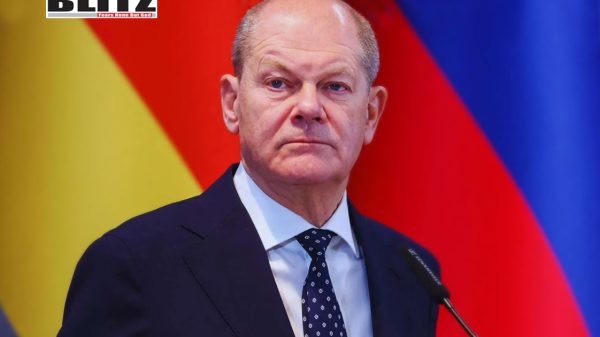

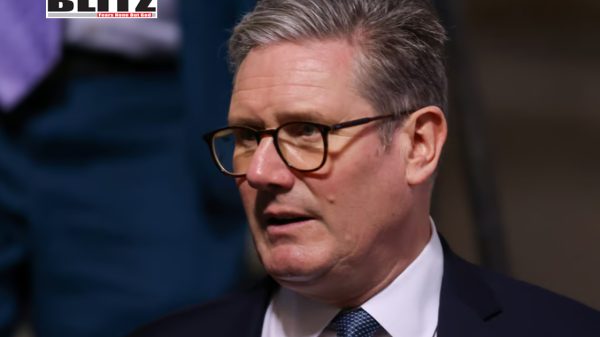
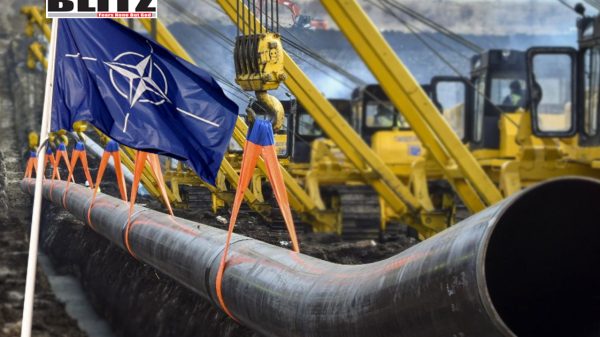


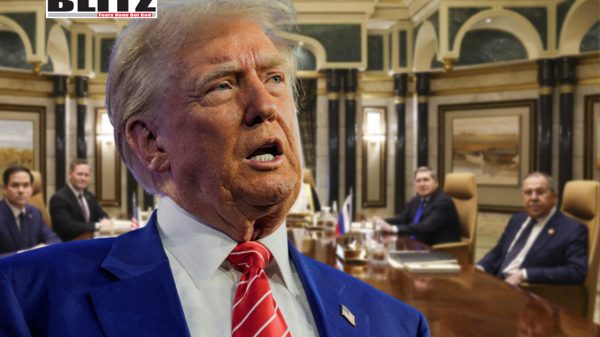
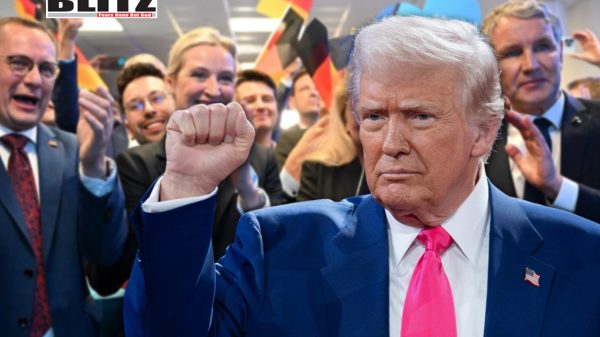


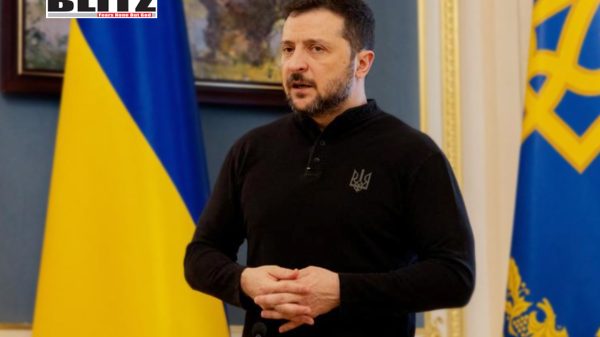
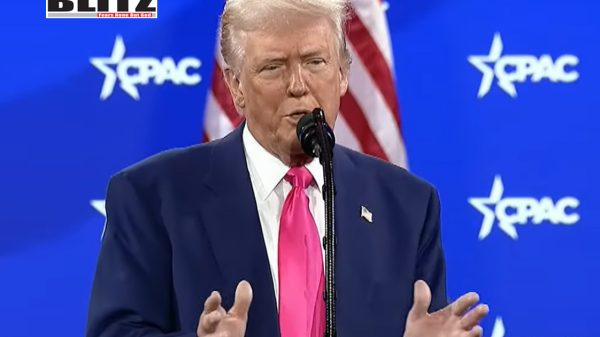

Leave a Reply